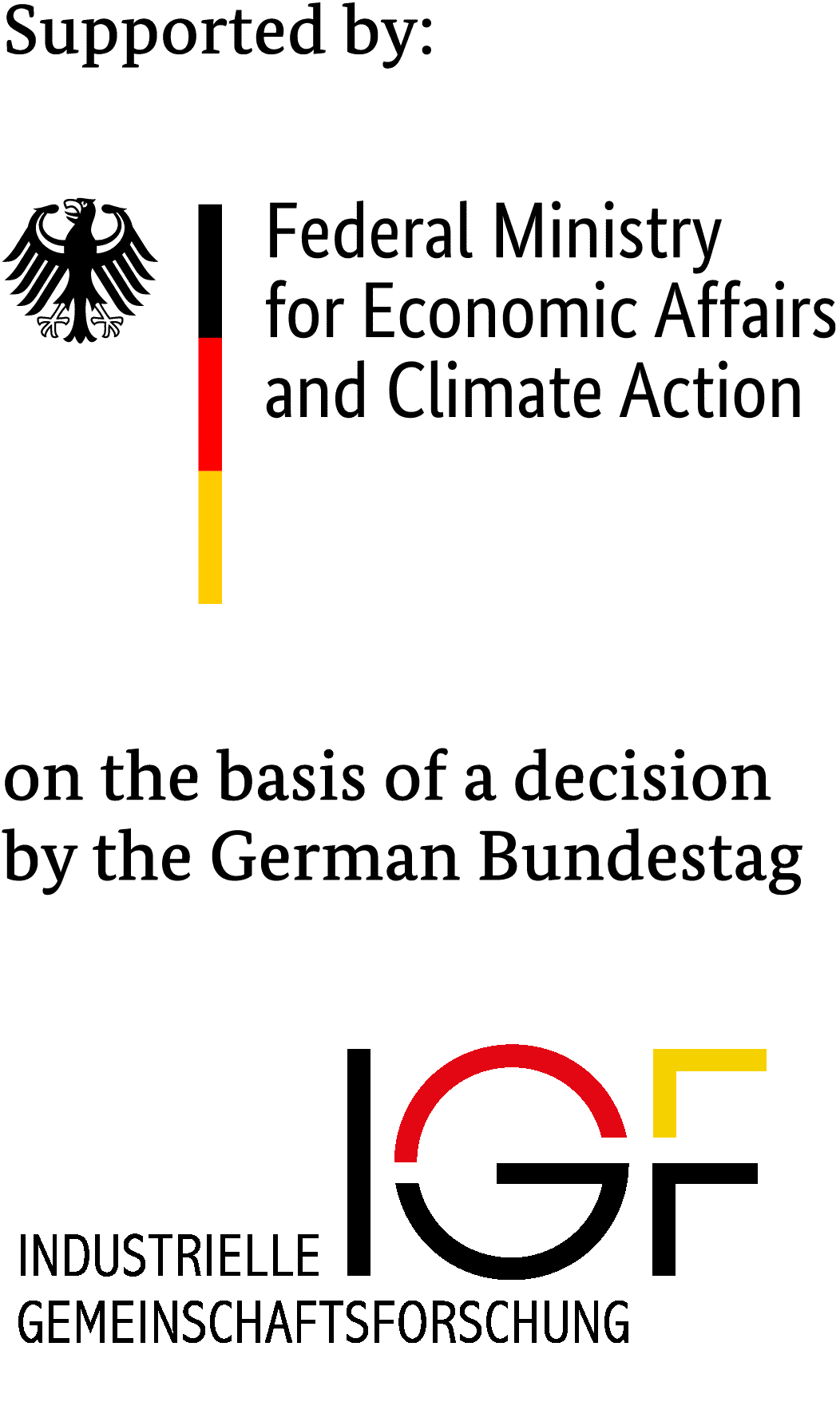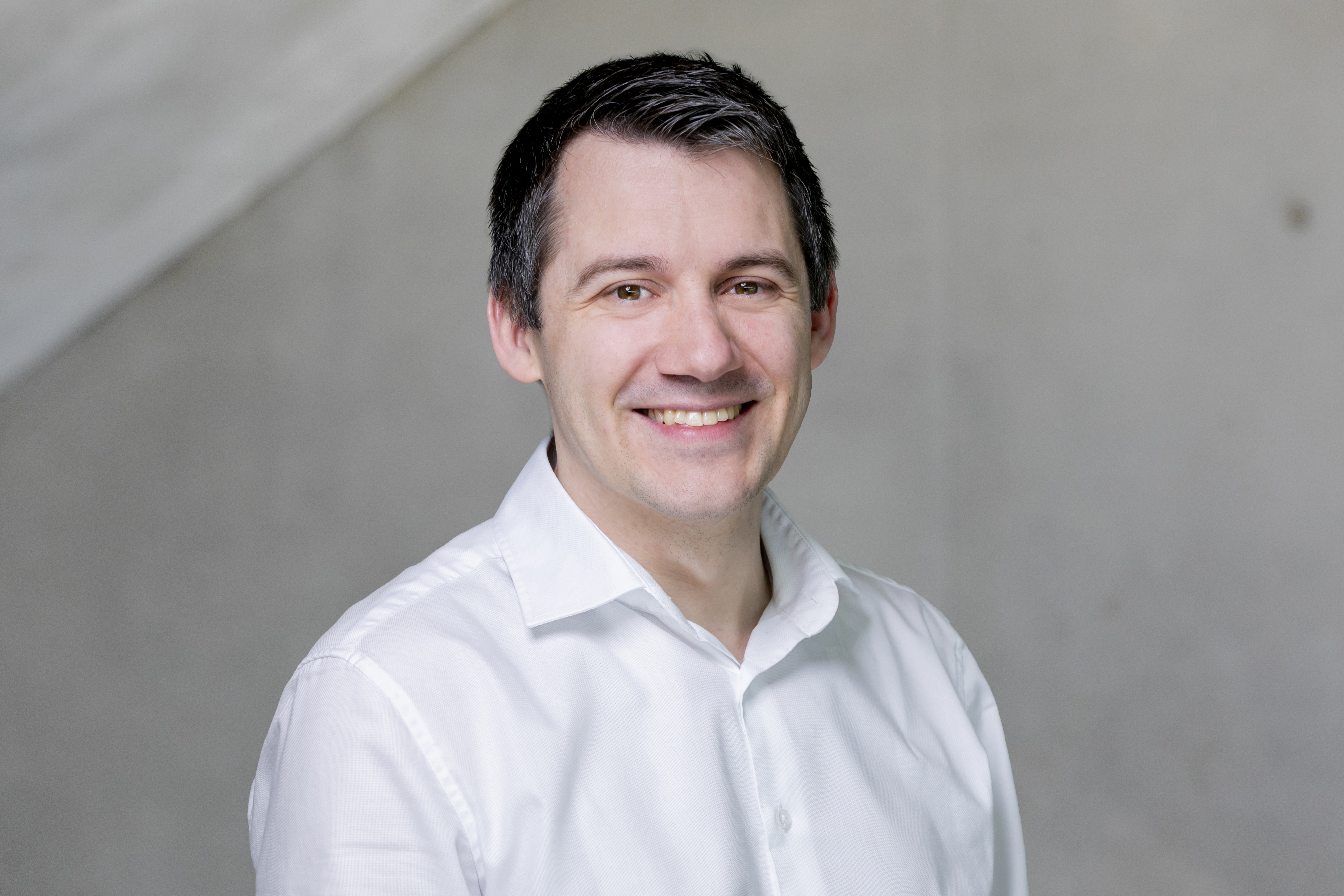Background and aims of the project
The efficiency of process plants is strongly influenced by their condition. Regular audits and inspections of the plants can ensure or even increase their performance and reduce costs. However, such process engineering examinations require a great deal of experience and routine, which is difficult to gather in everyday operations. In this research project, a virtual reality (VR) training simulator is being developed that enables students to solve autonomously typical process engineering tasks in a realistic virtual world. The focus is on the investigation of ball mills.
Within the model environment, students first learn methods for increasing energy efficiency by examining a mill. The learning process takes place without endangering the employees, the operation and the equipment. In everyday operations, the practical training of employees in mill testing and other process engineering investigations is often only possible to a limited extent. In addition to the procedural problems, other relevant aspects, such as occupational safety and organisation, must be taken into account in practice, but also in the VR. The process engineering tasks within the VR must be solved independently by the students in scenarios that can be experienced interactively. There is room to try things out, to gather their own experience, but also to make mistakes. The VR environment developed in the research project will be tested in different target groups during the research project and iteratively developed further.
The system developed here can be extended to include other process engineering aspects (e.g. thermal process) as soon as the basic architecture and methods for realistic representation have been developed. Furthermore, the VR environment can also be integrated into other digital teaching content (e.g. eLearning and online training).

